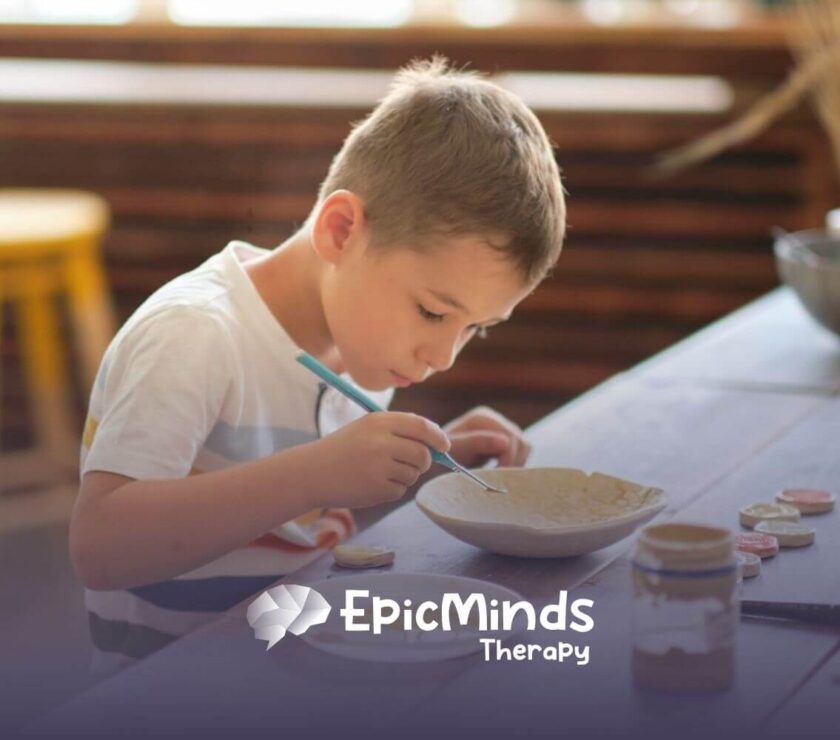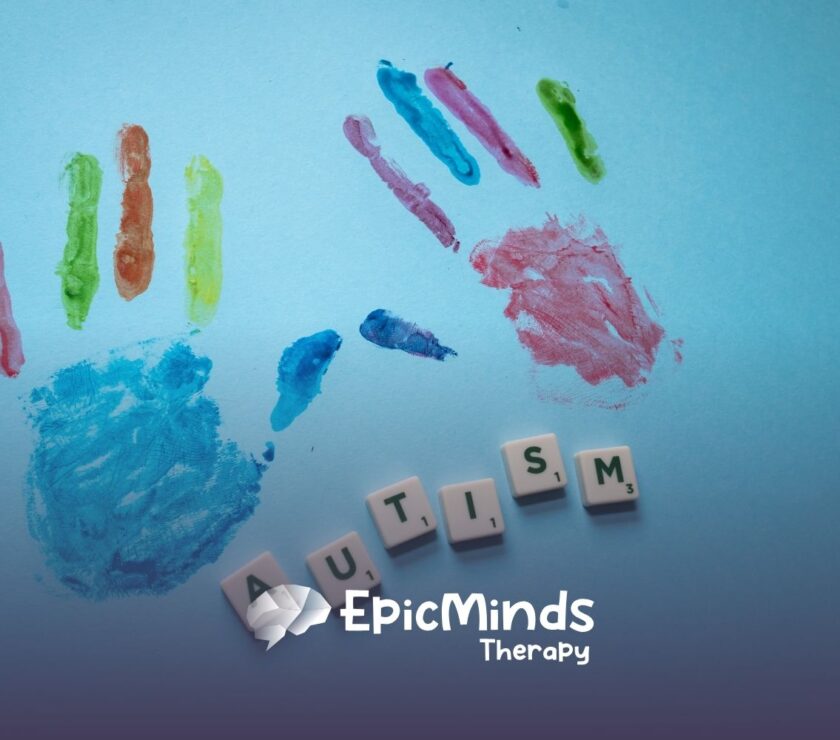When people hear “autism,” many still assume it means a child doesn’t talk at all. But that’s a myth. In reality, only about 25-30% of children with autism are nonverbal, according to the American Speech-Language-Hearing Association (ASHA). That means the majority of autistic kids develop some level of spoken language, even if it’s delayed or different.
What’s important to understand is that communication isn’t one-size-fits-all. Some children may speak fluently but struggle with social cues. Others may use a few words, gestures, or tools like tablets or picture boards to express themselves.
“Just because a child isn’t talking doesn’t mean they have nothing to say,” says Dr. Barry Prizant, autism expert and author of Uniquely Human.
Some kids might be labeled nonverbal early on, only to find their voice later through speech therapy, AAC devices, or natural development. Others may always communicate in different ways — and that’s okay.
So instead of focusing on whether an autistic child talks or not, it’s more helpful to ask: How can we support the way this child does communicate?
At Epic Minds Therapy, we believe every child deserves to be heard — in their own way. Our in-home and school-based ABA therapy programs support families across North Carolina with personalized care that meets your child where they are.
Reach out today and start your journey with compassionate, expert support.
FAQs
1. Will my nonverbal child ever talk?
It depends. Some children develop speech later with the right support. Others may thrive using alternative communication methods.
2. What if my child uses a device to speak — does that count?
Absolutely. AAC devices are valid forms of communication. What matters is connection, not how it’s expressed.
3. Is speech delay always a sign of autism?
Not necessarily. Many children have speech delays for other reasons. A full developmental evaluation helps provide clarity.





